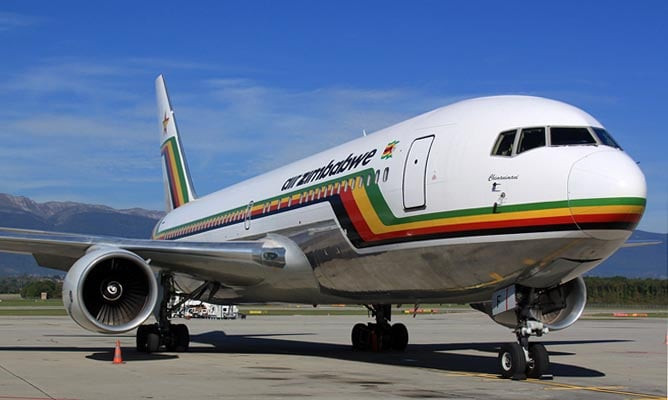
Zimbabwe’s tourism industry — one of four pillars anchoring the country’s recovery roadmap — is losing hundreds of millions of United States dollars annually through massive leakages in airline ticket sales, a confidential Tourism Business Council of Zimbabwe (TBCZ) submission to government has revealed.
The report, seen by the businessdigest, lays bare a murky ticketing system where an estimated 72% of travel agencies operate outside the Billing and Settlement Plan (BSP), the internationally approved platform for airline payments.
The result, according to the TBCZ, has been bad for the sector, and the country.
Huge sums have been funnelled out of the country by unregistered or foreign travel agencies; the Zimbabwe Revenue Authority (Zimra) is losing substantial tax revenue; and airlines themselves are forfeiting millions through distorted market data.
The dossier, submitted to Finance minister Mthuli Ncube as part of pre-budget consultations, says the loopholes are undermining growth in the aviation sector, distorting national accounts, and threatening Zimbabwe’s tourism recovery.
“An increasing number of foreign-based travel agents are conducting business in Zimbabwe while processing ticket sales in other jurisdictions,” the TBCZ said.
“Payments — often in US dollar cash - are collected locally but ticketing is executed via BSP systems in countries such as Zambia or Malawi. This deprives Zimbabwe's financial system of foreign currency — circulation that could support stability, local commissions and taxable revenue, much of which escapes Zimra oversight.”
- Twitter to start testing long-awaited edit feature in coming months
- UAE prince sets up Zim’s FlyStream Airlines
- UAE prince sets up Zim’s FlyStream Airlines
- Upheavals shake tourism industry . . .‘firms on the verge of collapse, Vic Falls now ghost town . . .’
Keep Reading
TBCZ said Zimbabwe’s BSP system recorded US$78,6 million in gross airline sales between January and August 2025, with over 86% paid in cash.
But insiders say the real market is almost double that once offshore ticketing is counted.
By routing transactions through foreign BSPs, the report warns, agents are externalising millions that should be circulating locally — draining liquidity, depriving local firms of commission income, and masking Zimbabwe’s true air travel demand.
“TBCZ also has the Association of Zimbabwe Travel Agents (AZTA) as a strategic member,” the council noted.
“Currently there are over 200 registered agents and more than 100 unregistered operators in the country. Only 85 are BSP-registered.”
This translates to just 28,3% of the total.
“Because airlines and investors rely heavily on BSP data to gauge route profitability, the understatement of Zimbabwe’s market makes the country appear smaller and riskier than regional peers that record all transactions locally,” an analyst said, adding, “This distorts route planning, deters new entrants, and weakens air connectivity.”
The warning lands as the aviation sector reels from a sharp downturn.
Flights in the first quarter of 2025 plunged 42%, from 19 588 in the previous quarter to 11 376, according to official data. Passenger traffic dropped nearly 20%, while air-freight volumes slid 38,8%.
Industry executives say these figures underscore a fragile recovery still far below pre-pandemic levels — and one that “cannot afford further damage through regulatory neglect.”
“These declines, if compounded by inaccurate aviation data, risk delaying Zimbabwe’s tourism recovery to pre-Covid levels,” the council said.
The report details widespread regulatory breaches. Some operators maintain token registration in Zimbabwe but run their core businesses abroad.
Others employ foreign staff on visitor visas instead of work permits, process bookings through offshore servers, or offer “no service fee” cash deals that undercut compliant local agents.
The council says this unfair competition is driving legitimate Zimbabwean firms out of business and compromising consumer protection.
It also criticises local regulators for inertia, warning other African countries have already moved decisively against similar practices.
“In one West African jurisdiction,” TBCZ noted, “authorities froze multiple travel agency accounts and placed them under judicial control after uncovering large scale tax fraud and money laundering. This shows that with coordinated inter-agency action, revenue leakages can be stopped, compliant operators protected, and market integrity restored.”











